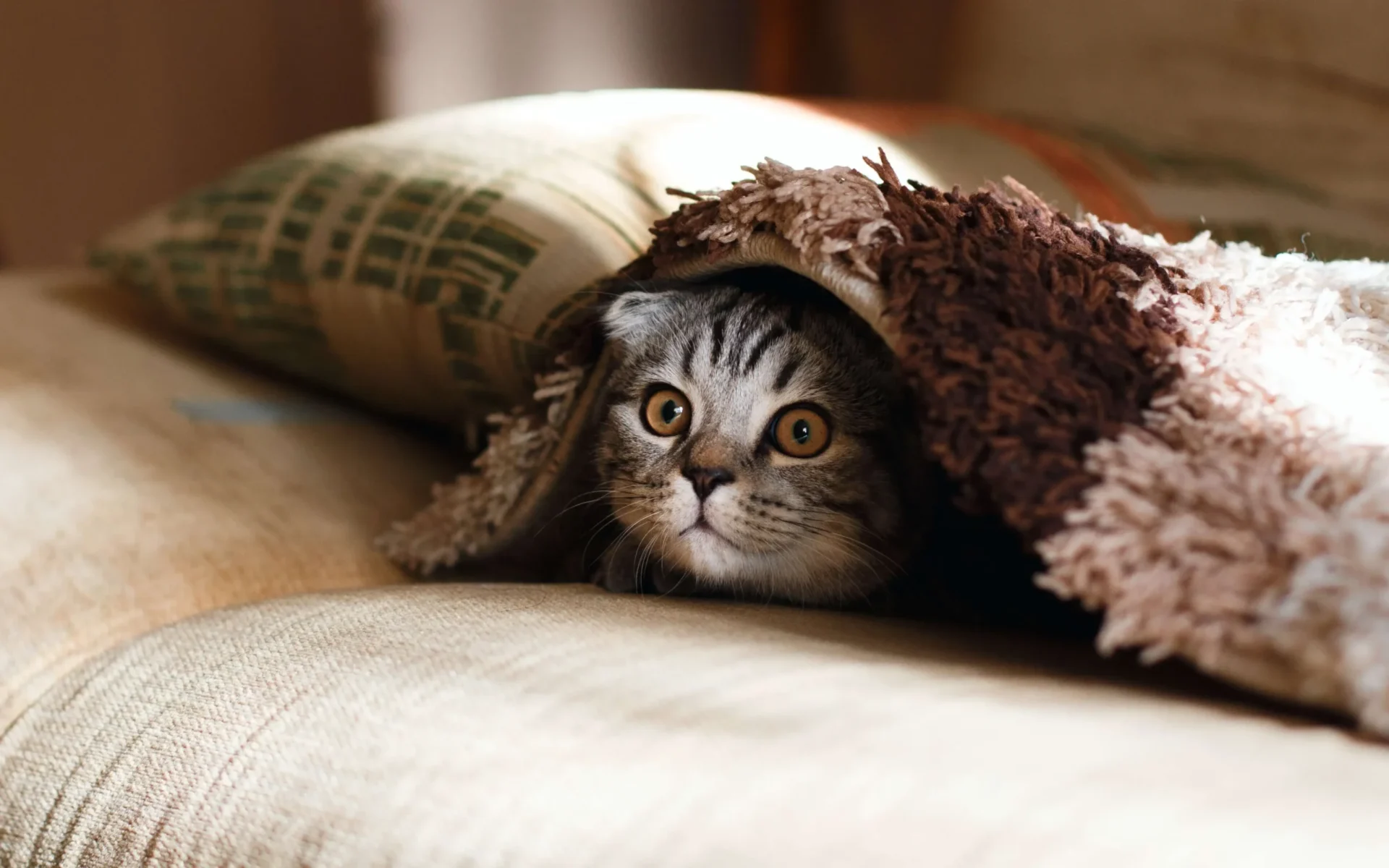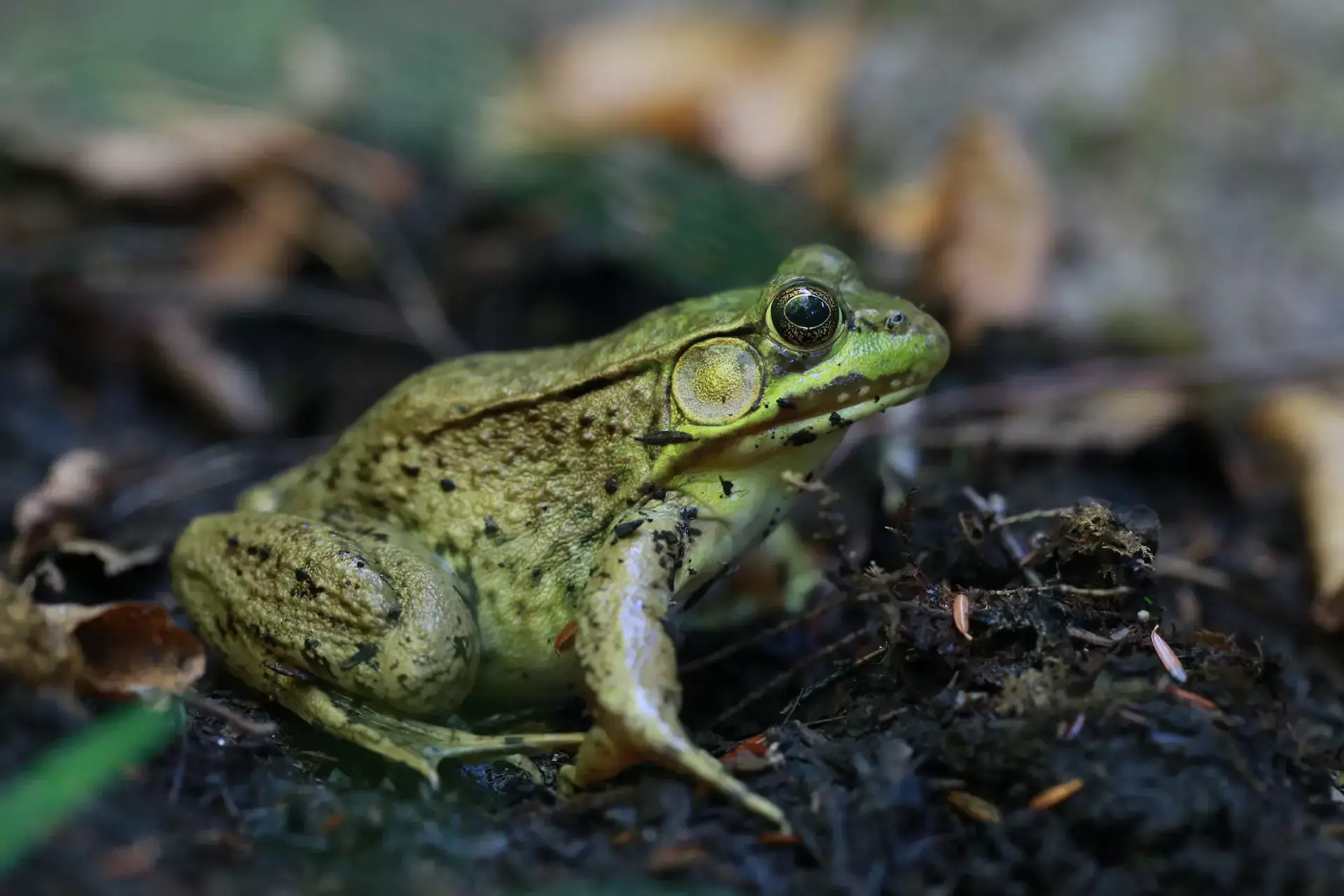There’s a new kitty holiday on the calendar. Unfortunately, it’s not one of the cuter ones. November 18th is National Feline Infectious Peritonitis (FIP) Awareness, Research and Education Day. Feline Infectious Peritonitis, or FIP, isn’t the most well-known disease that can affect our feline pals, but it’s one of the most dangerous. An Oshawa, ON vet offers some insight on this topic below.
Basics
Feline Infectious Peritonitis affects cats that have been infected with feline coronavirus. Feline coronavirus is fairly common. Most kitties recover, and many show only mild symptoms. However, some cats develop complications. This can lead to FIP, which, unfortunately, is usually fatal.
Risk Factors
While fortunately FIP is fairly rare, it can affect any cat who has had feline coronavirus. It’s worth noting that FIP sometimes doesn’t develop for weeks, months, or even years after that initial coronavirus infection. Some cats are at higher risk than others. It also usually affects younger cats: most cases occur in cats that are less than 18 months old, and about half are kittens under six months. Purebred and geriatric kitties are also susceptible.
The main risk factor here is that of feline coronavirus. Coronavirus is a viral disease that can be transmitted through various means, such as nursing, mutual grooming and/or sharing a bowl or litterbox. As with other infectious diseases, the chances of contagion are significantly higher in places with many cats, such as shelters and catteries.
Signs
Cats with FIP may show some fairly concerning signs. These include abdominal bloating, respiratory issues, persistent fever, reduced appetite, weight loss, and depression. You may also notice things like withdrawal and unkempt fur, which are common in any kitty that doesn’t feel well. Contact your vet if you spot any of these things.
Treatment
Though there are drugs in development, there is no official cure for FIP. Your best option is to protect your furry companion from getting feline coronavirus. Keep Fluffy happy and healthy by staying up to date with preventative care and veterinary exams. You’ll also want to keep that litterbox clean, and make sure that it’s not too close to your pet’s food and water. If you have more than one cat, make sure to provide ample room and resources to avoid overcrowding. We also strongly suggest keeping cats indoors. There is a vaccination available, which may also help. Ask your vet for more information.Do you have questions about feline coronavirus and/or FIP? Contact us, your Oshawa, ON animal clinic, today!



